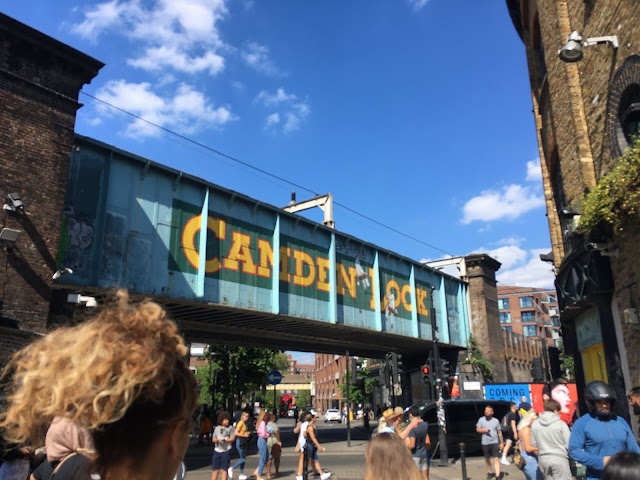My Personal Statement
So it's getting to that time of year. There's less than a month until the Oxbridge deadline and no doubts, as I was, you're finding it stressful condensing yourself down to less than a side of A4.
Whilst my own personal statement was specific to History, check it out anyway!
My top tips are:
- Start with an opener, a theme or something that you really love about your subject
- What your main A level has helped you to explore, what have you studied and what extra reading have you done to partner that
- How have your other A levels helped you and what wider reading generally have you done that shows your passion for your chosen subject
- A concluding comment re-iterating your passion and perhaps suggesting where you might want to go on from your degree e.g further study, a career field
My interest in history was sparked by a family holiday to
Crete where I visited the ruins of a Minoan settlement. Walking around the ruins I realised that, ultimately,
people never really change. Only events change and it is their impact on people
– their reactions- that changes history: how it is recorded and interpreted. As
Hilary Mantel stated, “the past changes a little every time we retell it.” My
interest grew further with museum and art gallery trips as well as historical
sites such as the Roman Baths, which nurtured my initial interest in the Tudors
and Romans. It is my enjoyment in exploring new as well as familiar aspects of
history that makes me want to specialise in it at a postgraduate degree level.
Whilst on my gap year completing an Art Foundation Diploma as I await jaw
surgery I have kept intellectually stimulated through the creative process,
reading and MOOCs; my most recent being ‘Empire: the Controversies of British
Imperialism’.
In A
Level History, the study of the Tudor dynasty from conception to completion, and
the socioeconomic problems encountered including rebellions and religion, was
particularly stimulating. Exploring the reasons for popular revolt such as poor
harvests and the rise of enclosures as well as enormous religious upheavals
proved insightful. Many reasons for protest have altered very little since the
16th century as poor living standards and unequal wealth
distribution still spark mass demonstrations today and can be seen both at home
and across the world. In Year 13, I studied the Nazi rise to power and Nazi
political leaders including Goebbels. I found the Nazis’ use of propaganda interesting
especially when compared to political campaigns such as “Brexit” which showed
how simple it is for slogans to persuade the masses. History Today articles on
the role of Geobbels and his importance in bolstering the regime furthered my
curiosity in propaganda. I enjoyed debating the different interpretations that
have arisen over time as historians have studied it more or been influenced by
external factors. My history personal project discussed the changing views on
the causes of the English Civil War. I enjoyed exploring the reasons for
progression in historical thought such as an increase in state-funded higher
education or more social mobility which has allowed historians such as Peter
Gaunt to re-evaluate conclusions drawn previously by traditionalist historians.
During my study
of history, I have explored British and Western history through classwork, including
American civil rights and their rise to the status of “Superpower” which has
enabled me to understand how the power of the West developed. However, it has a
left a hole in my knowledge of Eastern empires that I have begun to fill
through my independent reading of “The Silk Road” by Peter Frankopan that
details the rise of empires and society to their present day status from an
Asian rather than a Eurocentric perspective. Frankopan details the vast and
complicated trade routes set up by the Persian Empire in the east, which have
had a long lasting impact on Western politics. I am also intrigued by the rise
of modern superpowers, such as the rise in dominance of China and Japan as
technological hubs, and how history has shaped and allowed them to grow. A
level English Literature helped develop strong analytical and critical thinking
skills and the study of historical context in shaping a literary text, such as
Orwell’s ‘1984’ was a helpful marriage during the course. Visits to the theatre
also inform my perspective on history; drama provides a direct insight into the
writers’ views and world outlook, giving the modern audience a direct insight
into the past.
My interest in
interpretations of the past has led me to want to study History with a view to
pursuing a career in politics. I’m excited by the prospect of expanding and
developing my skills in reasoning, deduction and argument whilst immersing
myself in a subject I love.



Comments
Post a Comment